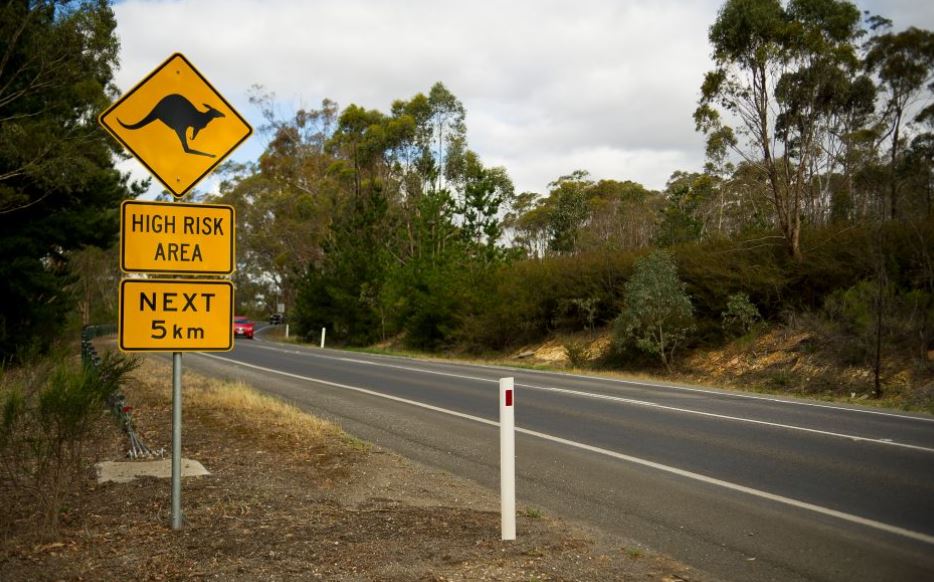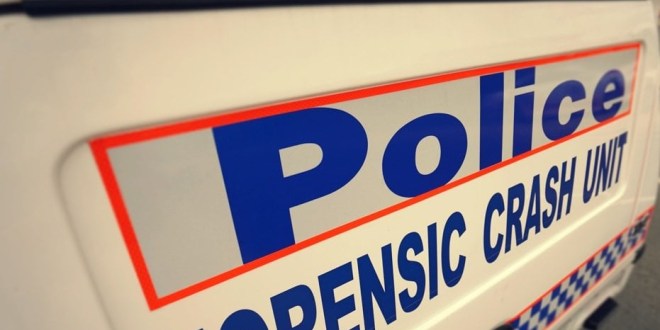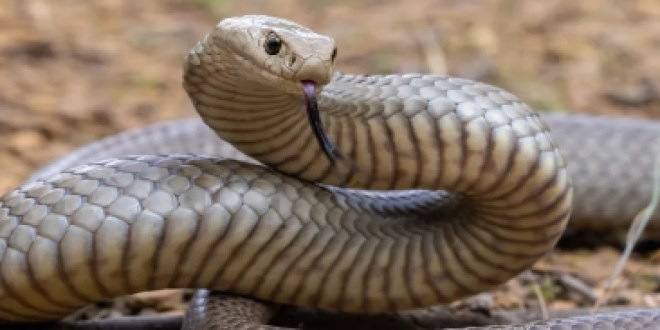The RACQ is urging motorists to be alert with local wildlife hospitals set to experience a spike in animal collisions during the spring trauma season.
Wildlife hospital patient admissions triple between August and February, as temperatures rise and animals become more active, prompting the State’s peak motoring body to call for extra vigilance on Queensland’s roads.
In the last year alone, more than 13,000 animals were taken to Australia Zoo’s hospital with more than 3,000 of these animals injured in road collisions.
New data from RACQ’s 2025 Annual Road Safety survey also found that 37% of motorists admitted to driving at their worst when they’ve had lack of sleep, and 14% after a long day, which typically coincides with when animals are most active.
RACQ Principal Technical Researcher Andrew Kirk said motorists should be cautious on roads where there is wildlife.
“We want to ensure all Queenslanders, including our furry friends make it home safely not only during trauma season but all year round,” Mr Kirk said.
“As the weather gets warmer, we’re encouraging motorists to avoid driving at dawn and dusk when animals are most active and when your concentration may not be at its best behind the wheel.”
Mr Kirk said there is simple road safety advice Queenslanders should follow if you do have to drive at dawn and dusk.
“For those on the road at these times, use high beam where appropriate, drive to the conditions, don’t speed and stay alert for any wildlife in your peripheral vision that might move onto the road,” he said.
“If you do come across an animal, you shouldn’t swerve to avoid a collision as it can put you at greater risk of causing an accident with another vehicle or hitting a roadside obstacle.
“If motorists do hit an animal and it’s safe to do so, pull over to check on the animal and inspect your vehicle.”
Wildlife Hospital Practice Manager and Veterinary Nurse Calyce Cross said koalas, kangaroos, possums, lorikeets, tawny frogmouths and pythons are among the most commonly injured animals impacted by vehicle strikes.
“Every year, we care for thousands of animals injured by vehicle strikes. These animals often arrive with serious injuries that need urgent treatment and ongoing care, with many facing a long road to recovery,” she said.
If motorists hits an animal, they can call the RSPCA Animal Emergency Hotline on 1300 ANIMAL .







